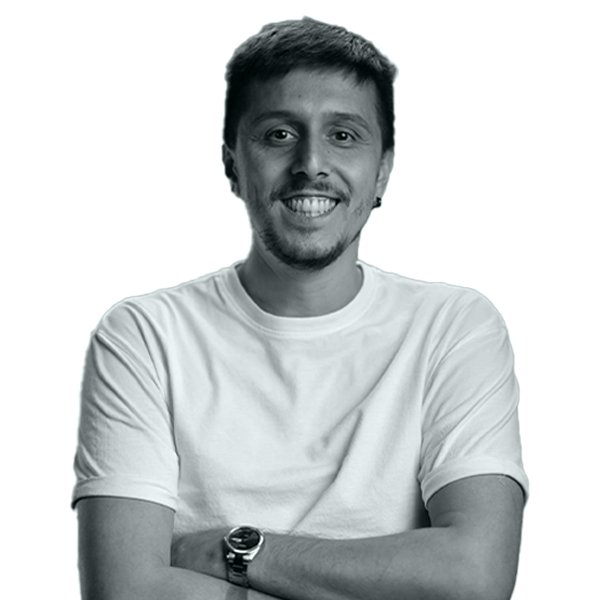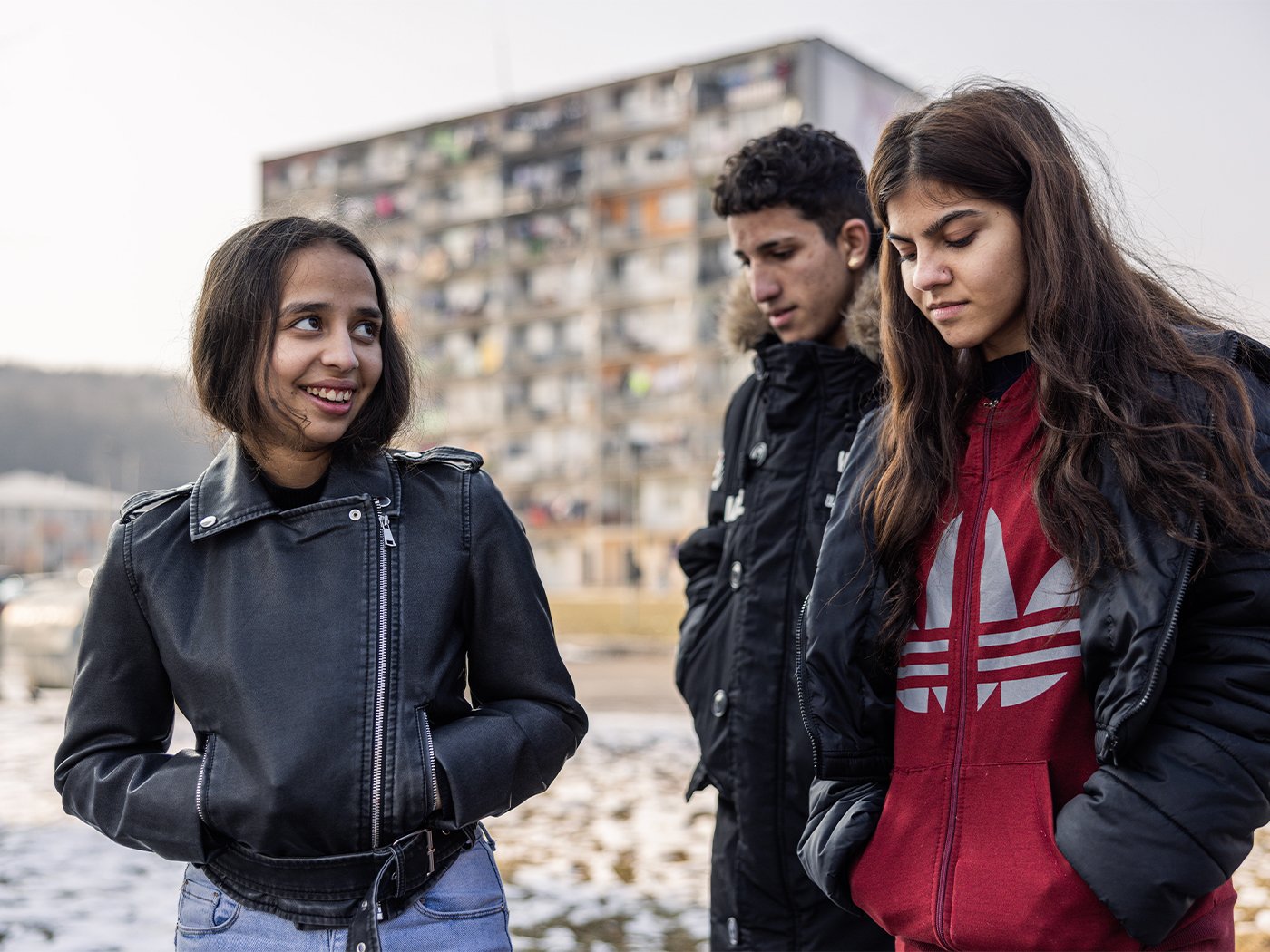A pro-European president has won in Romania. Confronting inequality is the most urgent of the challenges the country still faces.
The recent presidential election in Romania stirred deep emotions—hope and relief for some, resentment and fear for others. The country has exhaled, but no one is breathing easy yet.
The result brought an appearance of calm, but beneath it, Romania remains tense, weary and deeply divided. Nicușor Dan’s victory signalled a European path forward—but let’s be honest: a path means little if we’re not moving forward together.
The challenges ahead are many. Inflation, the rising cost of living, mass emigration, a housing crisis and collapsing trust in public institutions won’t disappear overnight. A vote alone cannot fix these, but a vote can mark a turning point. Now more than ever, we need unity. Romania can no longer afford the luxury of division.
Over the past six months, our society has radicalised. We’ve separated into camps, into bubbles, into imagined enemies. It’s been easier to hate than to understand. Easier to accuse than to build. But we are past the point of asking who is to blame. We must now ask: what can we build together?
The victory of a pro-European candidate is a breath of fresh air, but air alone doesn’t put food on the table. It doesn’t pay bills or build hospitals and schools. That takes bold, sustained public policies. The most urgent among them? Confronting inequality.
Romania is not a poor country. It is a deeply unequal one. A country where your future is shaped by your birthplace, your name or the colour of your skin. A place where a Roma child in a rural village is more likely to end up unemployed than in school. Where a Roma adult with potential ends up trapped in an informal economy—one that offers no protection, no dignity and no chance to grow.
But this can change.
There is a real opportunity here—one grounded in both ethics and economics. A recent study by the Roma Foundation for Europe shows that investing in young Roma who are not in education, employment or training—so-called NEETs—could transform the Romanian economy. Even under the most conservative assumptions, vocational training in high-demand fields pays for itself in just one to four years through increased tax revenues.
And the broader economic potential is extraordinary: if Roma employment levels matched the national average, Romania’s GDP could grow by over €10 billion annually, and income tax revenues could increase by €1 billion. These are not abstract figures. This is money for schools. For healthcare. For better infrastructure. For the future.
But perhaps most importantly, it’s a chance to build something money cannot buy—dignity.
A society that values the contribution of all its citizens is a society that respects itself. One that no longer sorts people into “good” and “bad”, “ours” and “theirs”, but recognises every person as someone who matters.
The elections are over. Governance begins.
If we want a Romania that is strong, European and resilient, we have to build it together. We can’t look away from poverty. We can’t allow hatred to become normal. We can’t afford to keep millions of people—millions of our fellow citizens—on the margins.
Electing a pro-European president is a step forward. But equality is the real victory.
Bogdan Burdusel is an activist for Roma rights and democracy. He holds a master’s degree in Public Administration from Central European University in Budapest. As a political communicator and communications advisor, he supports Roma-led organisations advocating for the rights of Roma across Europe.

Bogdan Burdusel
Contributor
The latest

Serbia Must Amend Missing Persons Alert System to Protect Vulnerable Adults

Constitutional Review of the Šutar Law Confirms Serious Rule-of-Law Concerns

Europe’s Growth Depends on Roma Talent
Browse by category
Campaigns
Events
Facts
Press
Voices
For media inquiries:
[email protected]Sign up here so you don’t miss out on campaign updates, upcoming events and other news from the Roma Foundation for Europe and our network.
Sign up for our newsletter